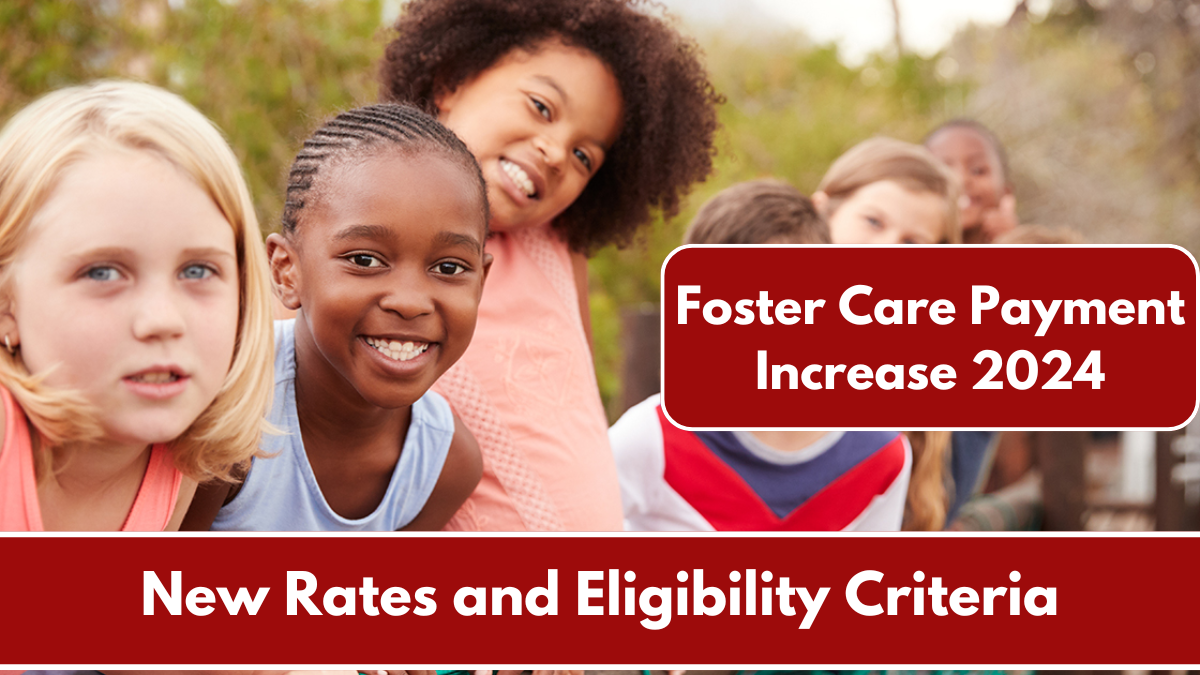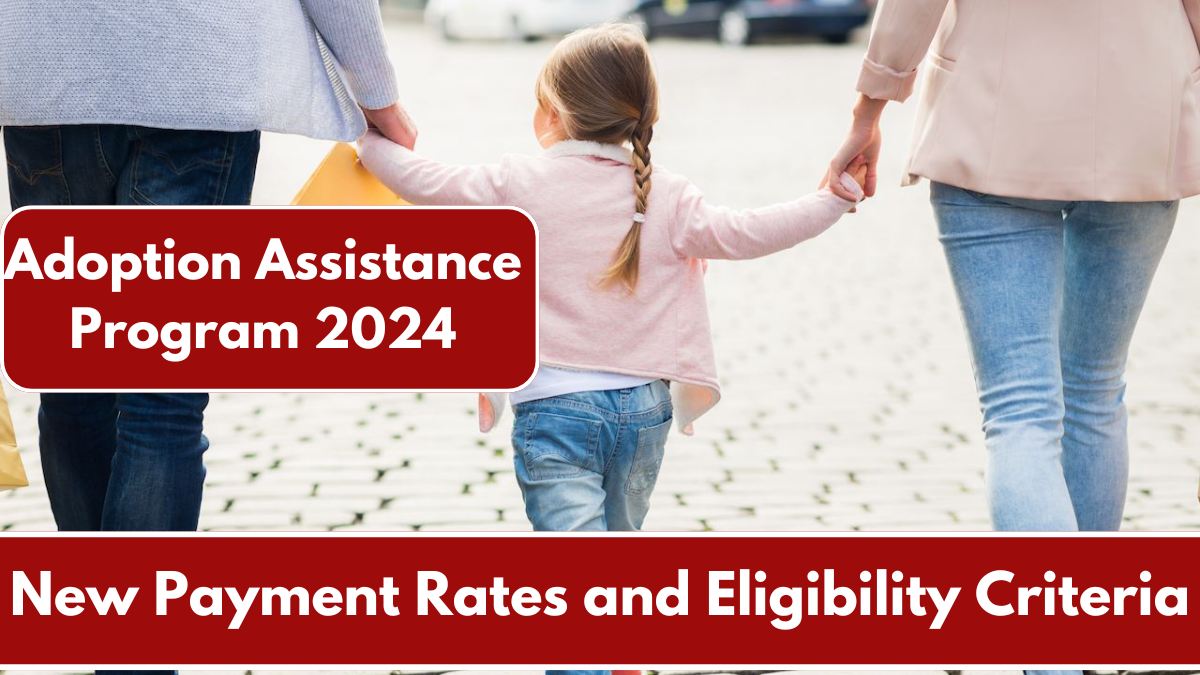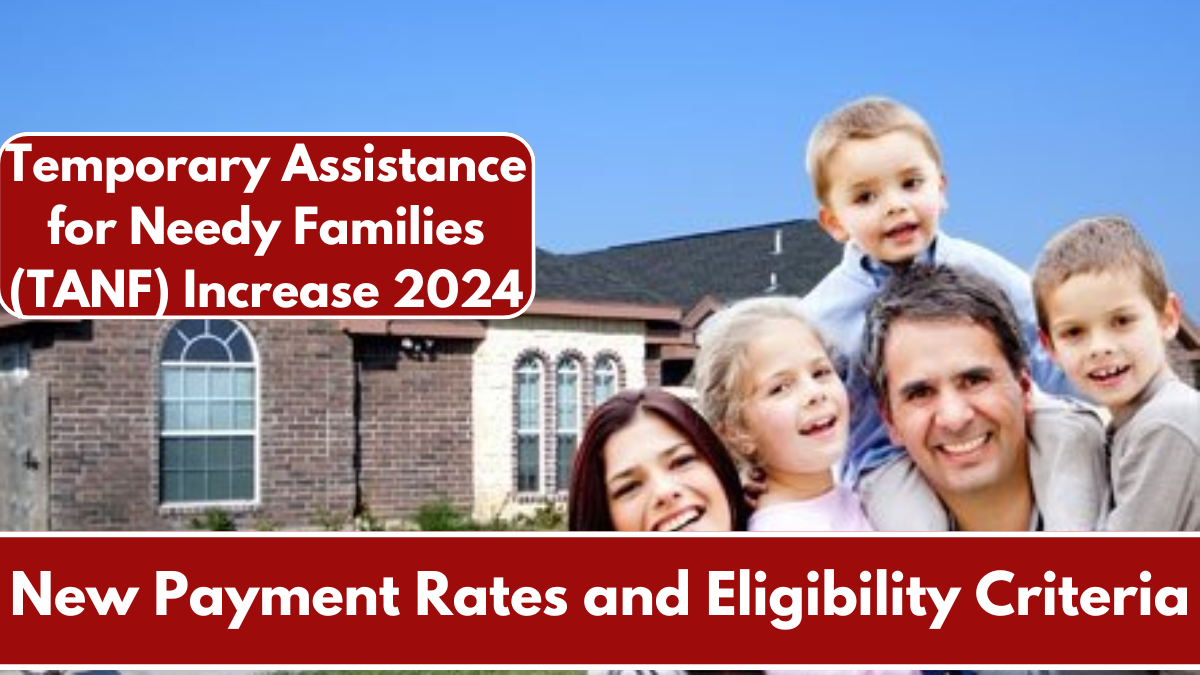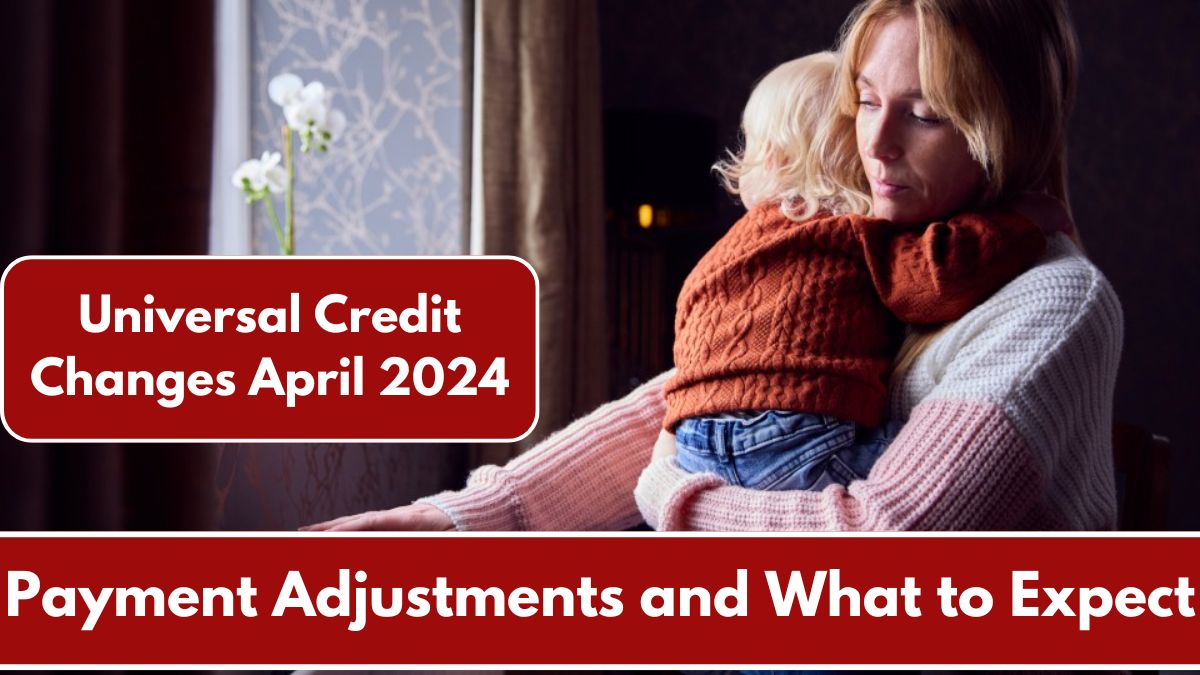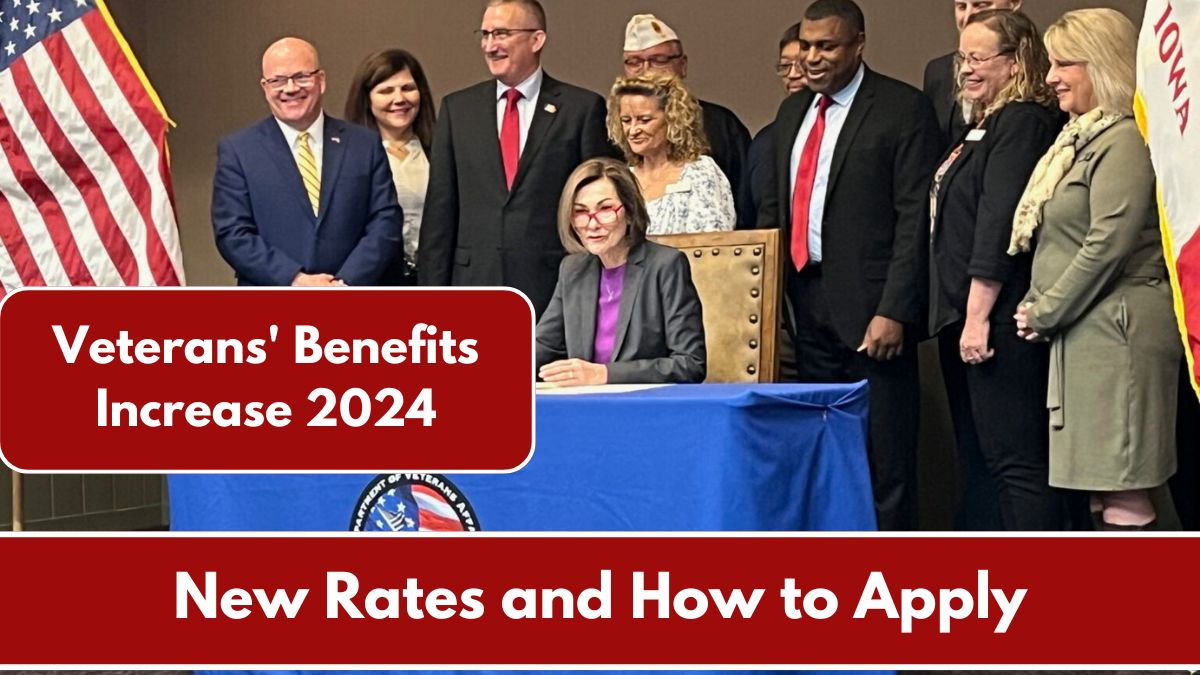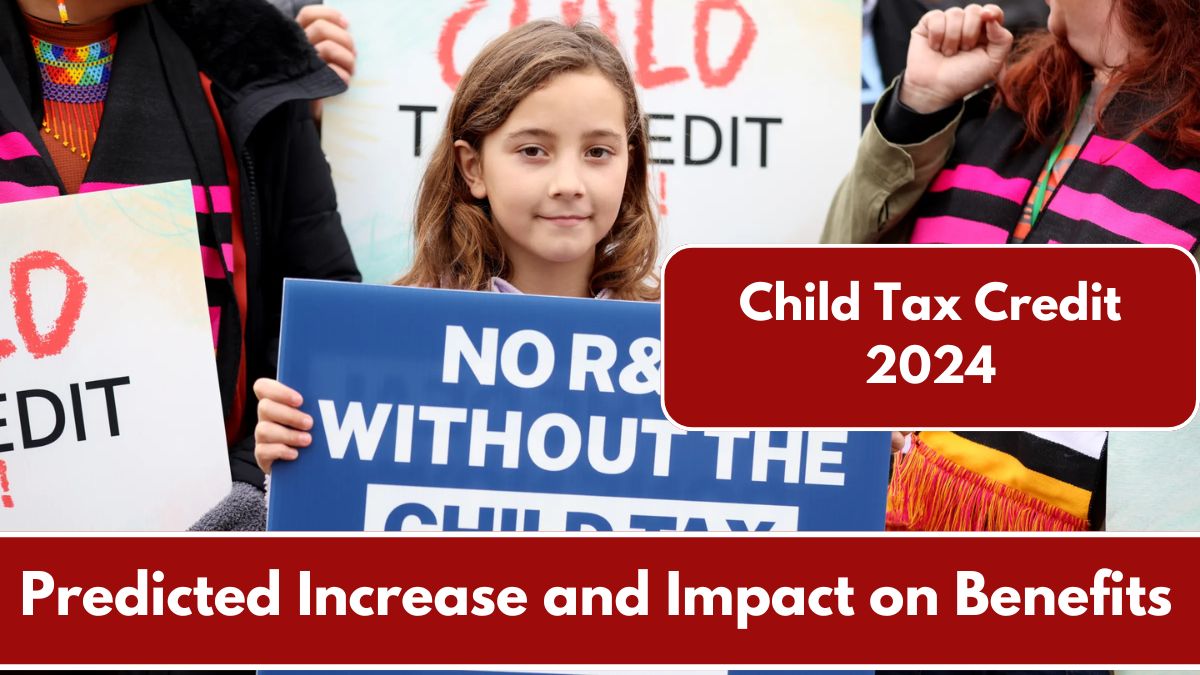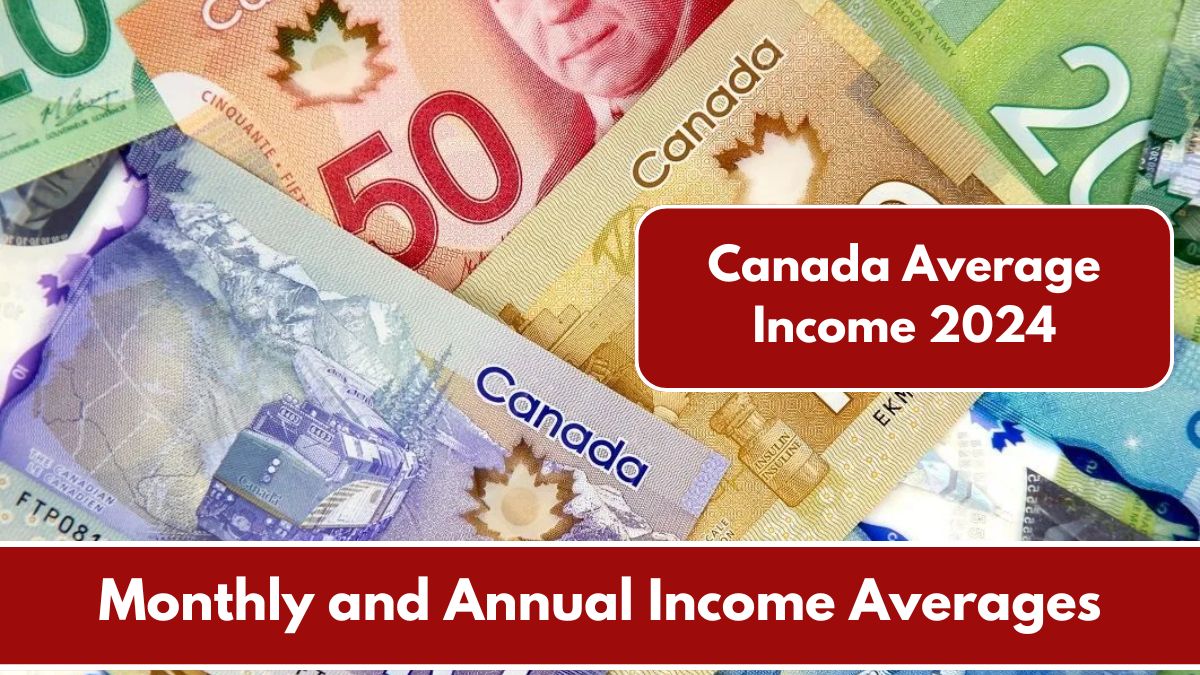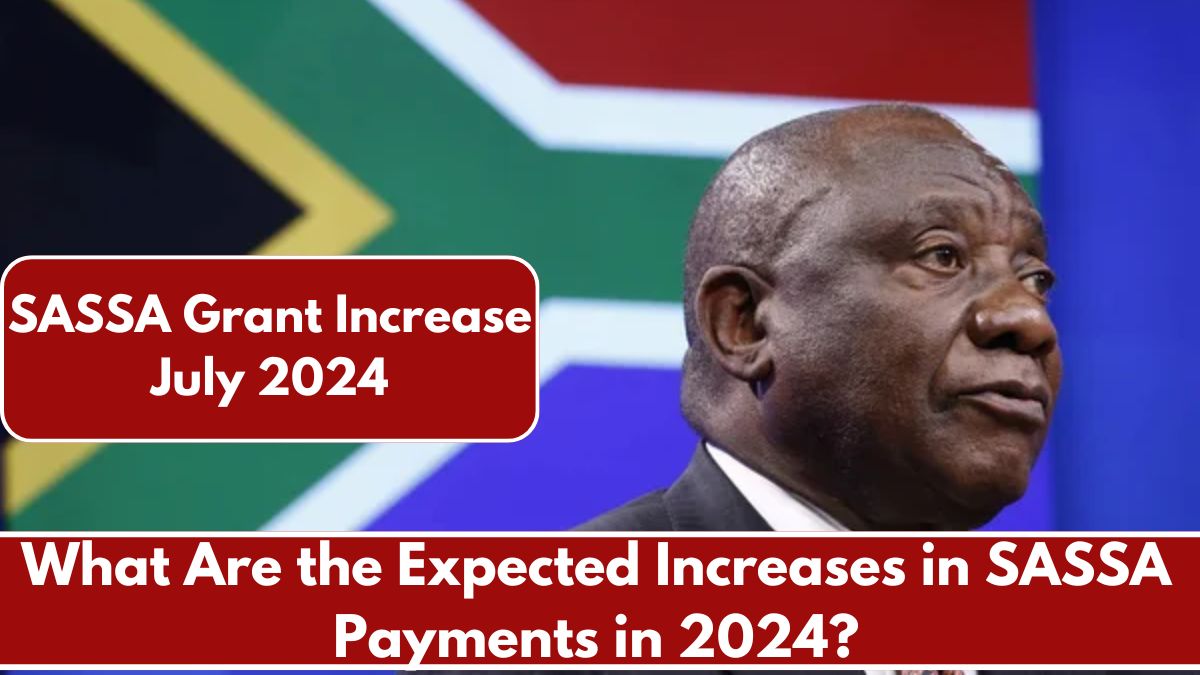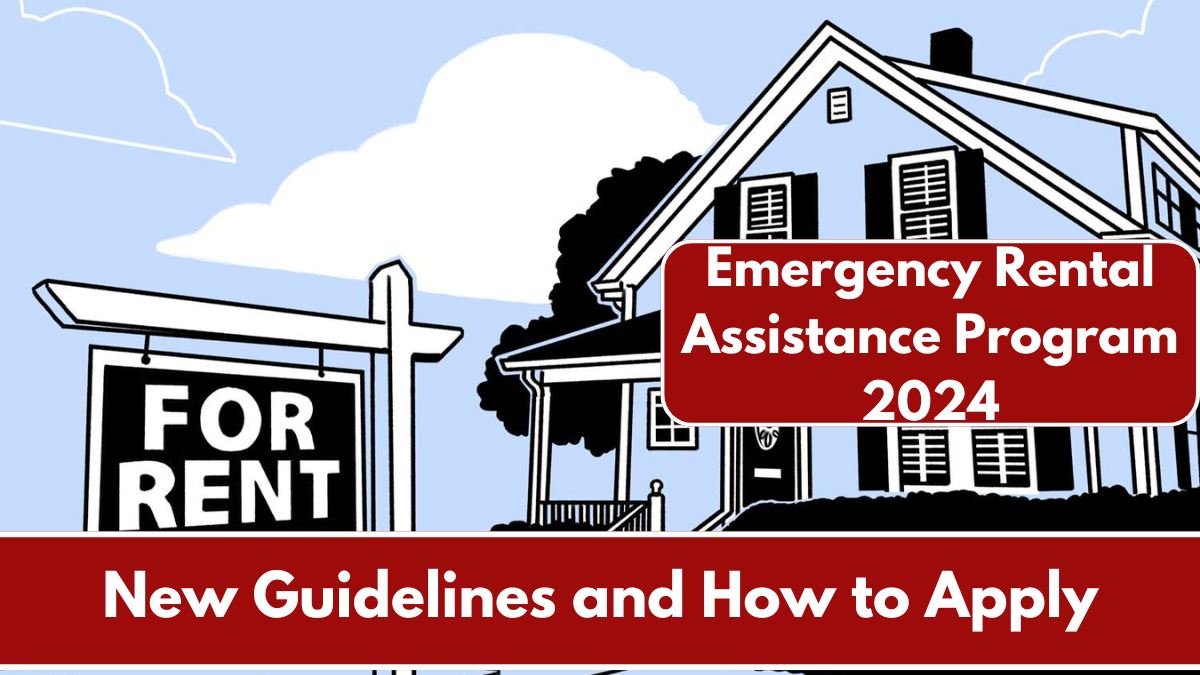Introduction:
The 2024 updates to foster care payments bring significant changes that will impact foster families across the country. These changes include increased payment rates and revised eligibility criteria, designed to better support those who provide care to children in need. This article outlines the new payment rates for foster care in 2024, the updated eligibility requirements, and how these changes will affect foster families.
Overview of Foster Care Payments
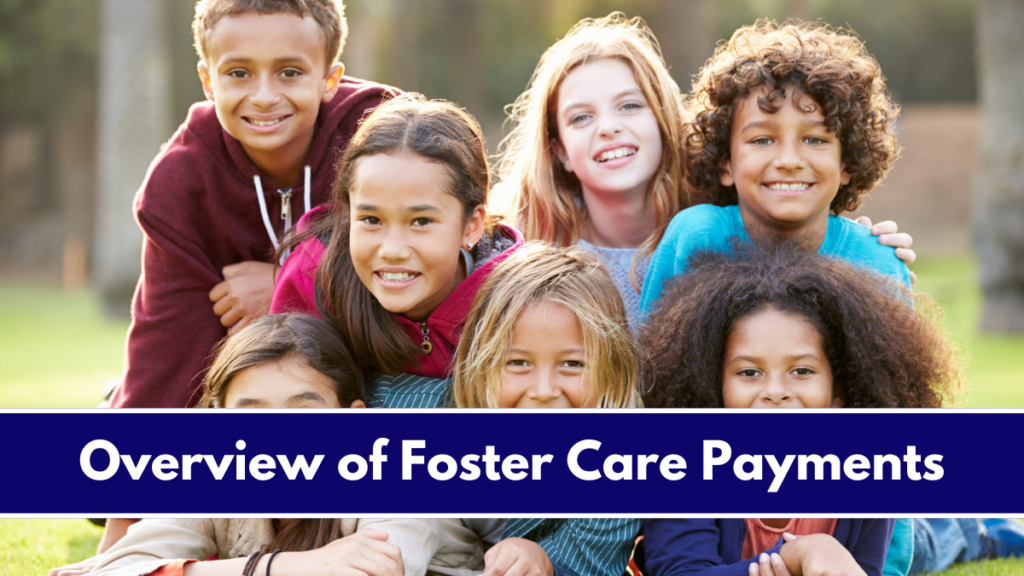
Foster care payments are financial allowances provided to foster parents to help cover the costs associated with caring for a child placed in their care. These payments are essential for ensuring that foster parents can provide a stable and nurturing environment for children who cannot live with their birth families. The rates vary depending on the age of the child, the level of care required, and the region.
New Foster Care Payment Rates for 2024
In response to rising living costs and the increasing demands of foster care, the government has introduced new payment rates for 2024. These rates are designed to offer more substantial support to foster parents, ensuring they have the resources needed to care for the children in their homes.
Foster Care Payment Rates for 2024
| Age Group of Child | 2023 Weekly Rate | 2024 Weekly Rate |
|---|---|---|
| 0-4 years | £160 – £200 | £175 – £220 |
| 5-10 years | £170 – £210 | £185 – £230 |
| 11-15 years | £190 – £230 | £205 – £250 |
| 16-18 years | £220 – £260 | £240 – £280 |
Note: The rates listed above are base rates and may vary based on the specific needs of the child and the level of care provided.
Updated Eligibility Criteria
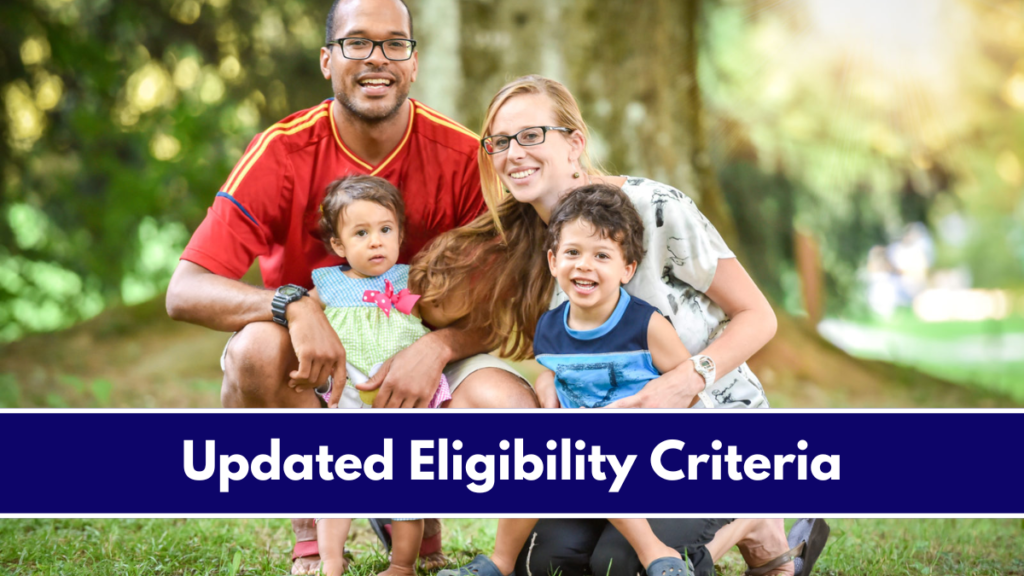
The eligibility criteria for receiving foster care payments have been updated for 2024 to ensure that only those who meet certain standards can provide foster care. These changes include:
- Certification Requirements: Foster parents must be certified by their local authority or fostering agency, meeting all training and background check requirements.
- Minimum Age: Foster parents must be at least 21 years old.
- Residency: Foster parents must be permanent residents of the UK, with a stable living environment suitable for child care.
- Income and Financial Stability: While there is no specific income requirement, foster parents must demonstrate financial stability to provide for the child’s needs.
- Health and Safety Standards: The foster home must meet all health and safety standards, including having sufficient space and appropriate facilities for the child.
How to Apply for Foster Care Payments
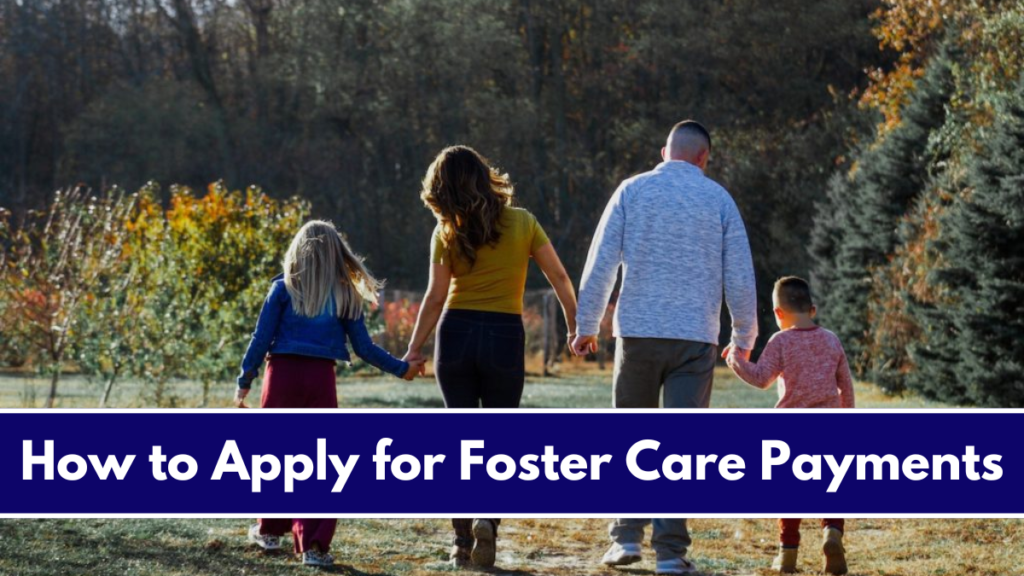
If you are a certified foster parent or are considering becoming one, applying for foster care payments is a straightforward process. Here’s how you can apply:
- Ensure Certification: Make sure you are fully certified by your local authority or fostering agency. This involves completing the necessary training and passing background checks.
- Contact Your Local Authority: Reach out to your local authority or fostering agency to express your interest in providing foster care. They will guide you through the application process.
- Complete the Application: Provide detailed information about your home, your financial situation, and your ability to care for a child. This may include home visits and interviews.
- Submit Documentation: Submit any required documentation, including proof of certification, residency, and financial stability.
- Await Approval: Once your application is submitted, it will be reviewed by the local authority or fostering agency. If approved, you will begin receiving payments based on the age and needs of the child in your care.
Conclusion:
The 2024 increase in foster care payments reflects the government’s commitment to supporting foster parents who provide essential care to vulnerable children. Understanding the new payment rates and eligibility criteria is crucial for current and prospective foster parents. By staying informed and following the necessary steps to apply, foster parents can ensure they receive the financial support needed to offer a loving and stable environment for the children in their care.
FAQ’s:
Q1. How often are foster care payments reviewed?
Foster care payments are typically reviewed annually to reflect changes in living costs and the needs of children in care.
Q2. Can I receive additional payments for children with special needs?
Yes, additional payments may be provided for children with special needs or those requiring higher levels of care. These payments are assessed on a case-by-case basis.
Q3. What happens if my application for foster care payments is denied?
If your application is denied, you can appeal the decision through your local authority or fostering agency. It may also be helpful to seek feedback and address any issues raised during the application process.
Q4. Are foster care payments taxable income?
No, foster care payments are generally not considered taxable income. However, there may be exceptions depending on the amount received and your overall financial situation.
Q5. Can I continue to work while receiving foster care payments?
Yes, many foster parents continue to work while providing care. However, the time and commitment required for fostering should be carefully considered when balancing work and care responsibilities.

